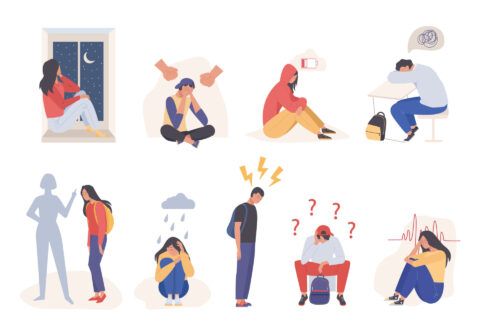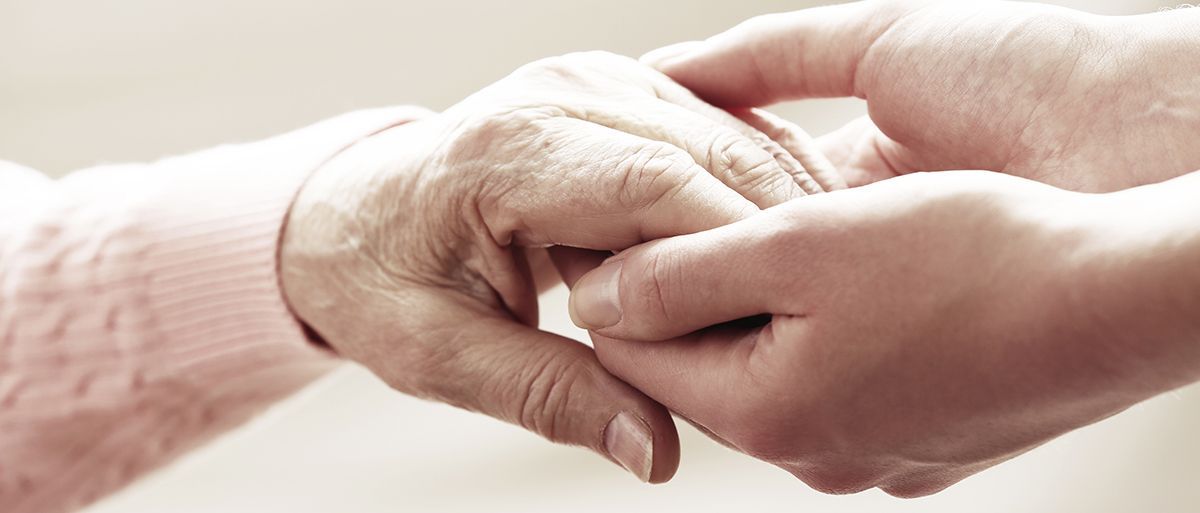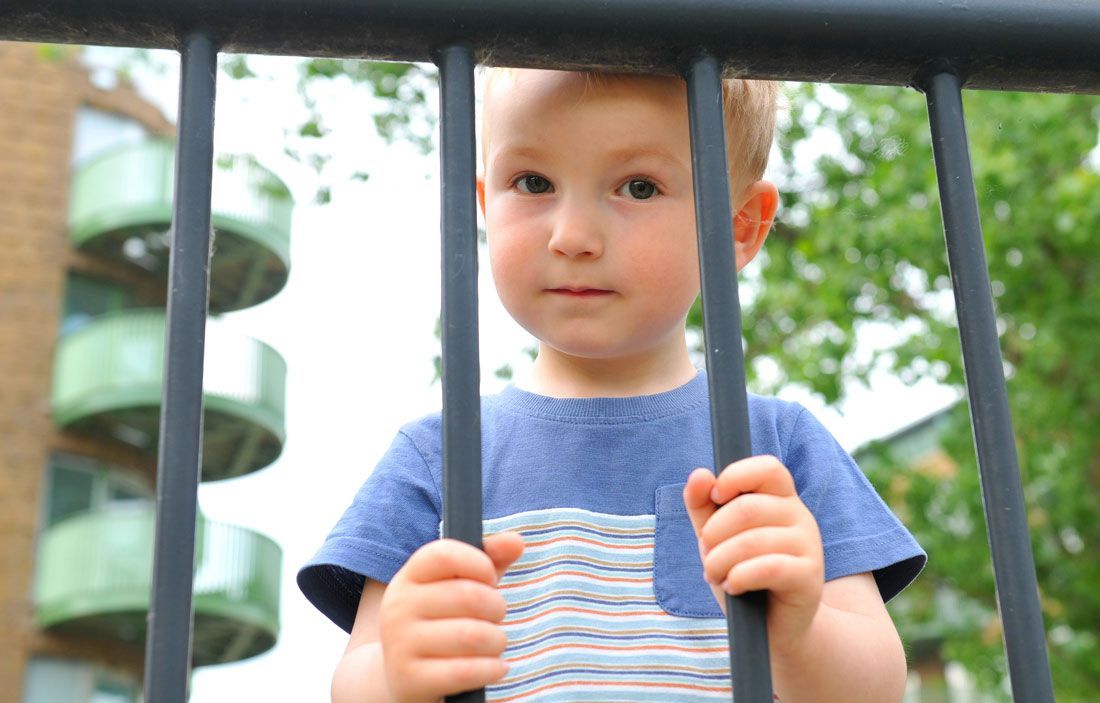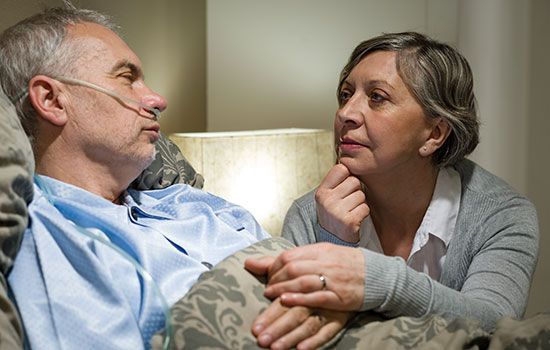Stories of Grief: “At least”
Written by Memorial Mortuary & Cemeteries in-house grief counselor, Amanda Nelsen:
When he was alive, he was a vibrant man. He constantly had a smile on his face and was ready with a quick joke. He had the biggest heart and made everyone feel loved. He fixed us mini-malts for dessert and fed the dog coffee-dipped bacon. He took daily long walks, ate handfuls of vitamins and supplements, and made his own juice at 5 am. He was so full of life.
And we had to watch that life slowly drain from him. His daily walks got shorter and shorter. And then the stopped – his body too weak to even get up from his bed. Then he had problems swallowing his vitamins – and soon he couldn’t even drink his juice. His bright eyes dimmed and his quick smile faded away months before he actually died.
We watched his body waste away as it was being wracked with pain and disease. There was nothing we could do to offer him comfort. Family members sat with him; we hoped he knew we were there, but not being able to do anything for him broke our hearts. But we went back, day after day, to break our hearts again.
I suppose you could say his passing was peaceful. At least that’s what we’ve told ourselves. When your body finally gives up, when it succumbs to the pain and starvation, hopefully you aren’t aware and you are at peace. We hope he was.
So, yes, dear friends, “at least” I got to say good-bye to my loved one. I knew his death was coming for months and months. I watched death come slowly (even though in hindsight it seems like it happened so fast). And “at least” I was there. But when it comes to death, “at least” is not as comforting as you might think. All deaths are hard. All deaths break our hearts, no matter how we experience them.
Amanda is a Clinical Mental Health Counselor, specializing in individual and family therapy for people of varying backgrounds. She works for Memorial Estates, running their Grief & Loss Counseling program.
She has extensive experience working with adolescents and families in the community. Amanda received her Master’s Degree in Educational Psychology from the University of Utah. There she focused on Multicultural and Client Centered Counseling.
Amanda started her career working for Salt Lake County Youth Services, serving families from all backgrounds and with a wide variety of issues. She further developed her passion for helping people recover and heal from trauma and loss.
In counseling, Amanda values the trust and safety of the therapeutic relationship. She creates a counseling environment full of compassion, safety, empathy, and understanding. She constantly strives to help to cultivate strong relationships and assist families to cope with the loss of a loved one. Through her open attitude, and the warm environment that she facilitates, families can begin to feel peace as they work through their bereavement.
Memorial Estates, with the help of Amanda Nelsen, is committed to helping you through the loss of your loved one. You may contact Amanda at (801) 718-1520 or [email protected]
The post Stories of Grief: “At least” appeared first on Memorial Mortuaries.












